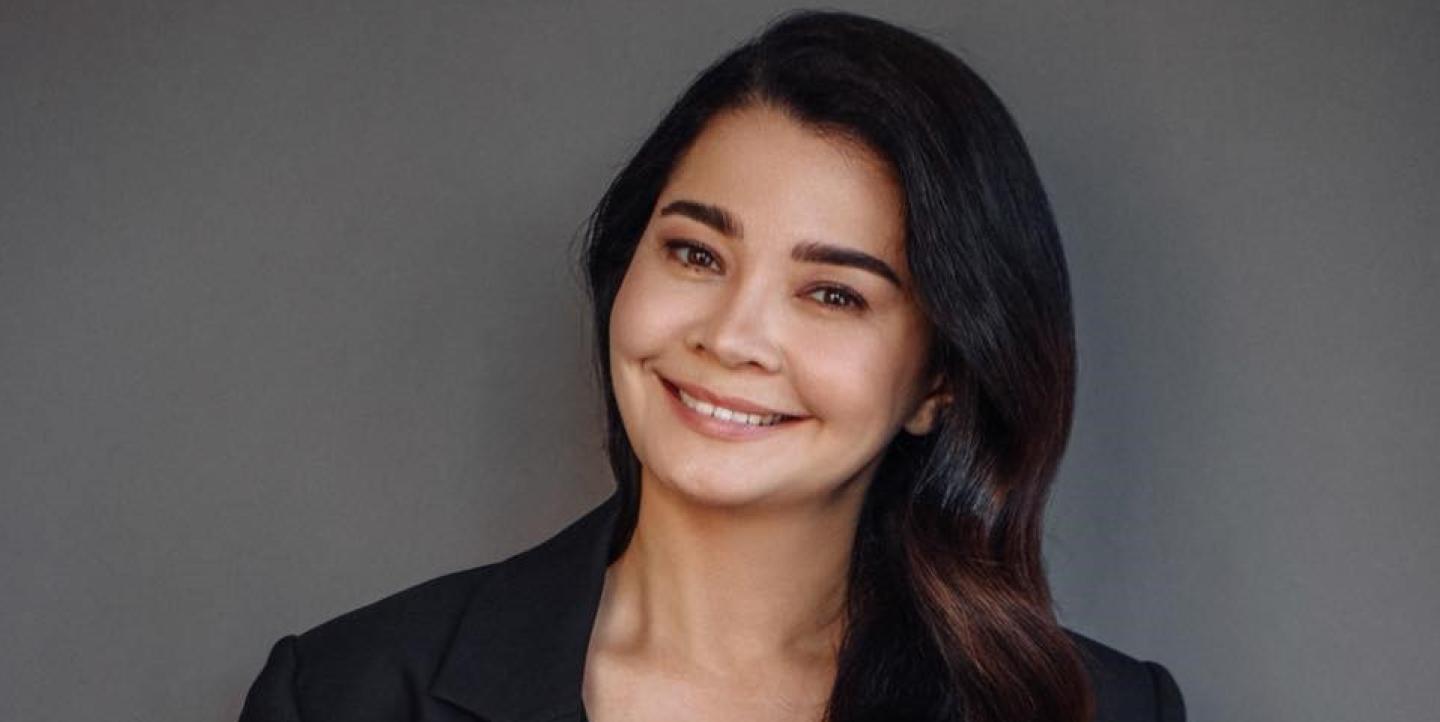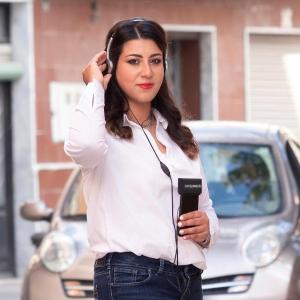Sevgil Musaieva, Ukrayinska Pravda’s editor-in-chief, was named one of Time’s most influential people of 2022 for her and her team’s coverage of the war in Ukraine.
Four million readers a day visit Ukrayinska Pravda for updates on developments around the Russian invasion of Ukraine; Musaieva and her team regularly publish stories and analyses of people's lives and the societal impacts of war in the country. Within a few months of the Russian invasion, the news outlet had also become a platform where influential public figures, and government and army officials turned to share their perspectives.
I spoke with Musaieva in December about the difficulty of managing a newsroom and keeping the public informed during Russia’s war on Ukraine.
How has your work as Ukrayinska Pravda’s chief editor changed since the war?
We’ve lived in war conditions for 10 years, but after the invasion it became more difficult, challenging and overwhelming. We worked 24/7 in the first few months of the war. After four months, we started to take a day or two off.
We all try to take short vacations to spend some time with relatives and friends, as some of them are on the frontlines. The war [has] affected not only our work, but our whole lives.
After the invasion, did you change any processes at Ukrayinska Pravda?
We decided on specific principles for publishing in 2018 that we further adjusted to suit the conditions of war. Like using neutral and objective words when writing news, such as "Russian forces" rather than "Putin's forces.”
We also launched our own editorial policy to be explicit with our reporters and the audience. Additionally, right after the outset of the war, we trained all editors, including the frontline reporters on safety and first aid, etc [...] the invasion pushed us to reinforce many aspects of our knowledge. I really feel that this helped to strengthen the Ukrainian media.
How have you been able to continue producing content during the invasion?
We have abundant motivation, particularly since the war involves our country and nation. Doing reliable journalism about what the war is causing was an act of patriotism for us. Defining the problems in their fullness and devising ways to deal with them was a good path to follow. For example, a total blackout with a complete power and internet outage made us open an office in Poland and have a backup team there to offset that possibility of another outage or cyber attack.
More importantly, we are a family. Our health and safety are always a priority before the news. When two of our colleagues almost lost their families, everyone gave them full support, we even documented what happened. We also provide a kind of therapy focus group and dialogue sessions in which we share [our] feelings and fears, and get psychological support.
Do you have a financial plan in place to ensure that your team can continue reporting?
Before the war, we were 90% dependent on advertising and 10% on donors, and that varied from time to time. With the Russian invasion, we tried to provide distinguished and accurate work in every piece of information to win the reader's trust. That raised our percentage of financial support from Ukrainian and international donors and even from readers.
[Ukrayinska Pravda]'s funding is currently divided into 60% donors, 30% ads and 10% from readers. However, we have a plan that we are trying to create sustainability for funding sources. We are basically a profitable company, and this means that developing our services, such as launching an app, is necessary to gain the public's trust and therefore more financing.
Is this why you launched an English version of the newspaper?
Yes, after the beginning of the war, we noticed a significant increase in readers for our website and social media pages, even from outside Ukraine, so we released an English version. That’s thanks to volunteer translators and editors who are fluent in English, [including] Ukrainians or even [contributors] from other countries.
One month after the English version [was] released, we found a German donor, and other European and Ukrainian donors who supported us. We were able to pay these volunteers, which contributed to the continuation of broadcasting the English version.
What have you learned from your mistakes as a chief editor, especially during this crisis?
What makes me concerned with [trying to] avoid making mistakes is the transmission of incorrect information. I learned to apologize to our audience when we were caught in the trap of misleading information.
As a news agency, precedents are important in conveying the news, but the quality and authenticity is no less important. I now understand that there can be an outlet that is faster in reporting than us, especially those that have more resources, but we have [a bigger opportunity] to deepen the news with more quality and reliability.
What should journalists in conflict zones keep in mind when they’re reporting?
The most important thing is to take care of your health. The reporter's safety in the field is pivotal. There are many books, articles and free online courses on safety and first aid in conflict zones.
Keep your editor up to date. Information about your whereabouts and risks is important. Also, if [your] mental and emotional health are good, it means that you are capable of reporting smoothly. Always listen [to your body] and respond to it. Stop working immediately if you feel unwell!
You should take into account the opinions of your audience and always [consider] their feedback. Another tip is that a journalist covering war zones can be used by all sides, so be aware of this. To be as impartial as possible is important, [including] to the journalist's safety.
Main photo sent by Shaima Madboly.


